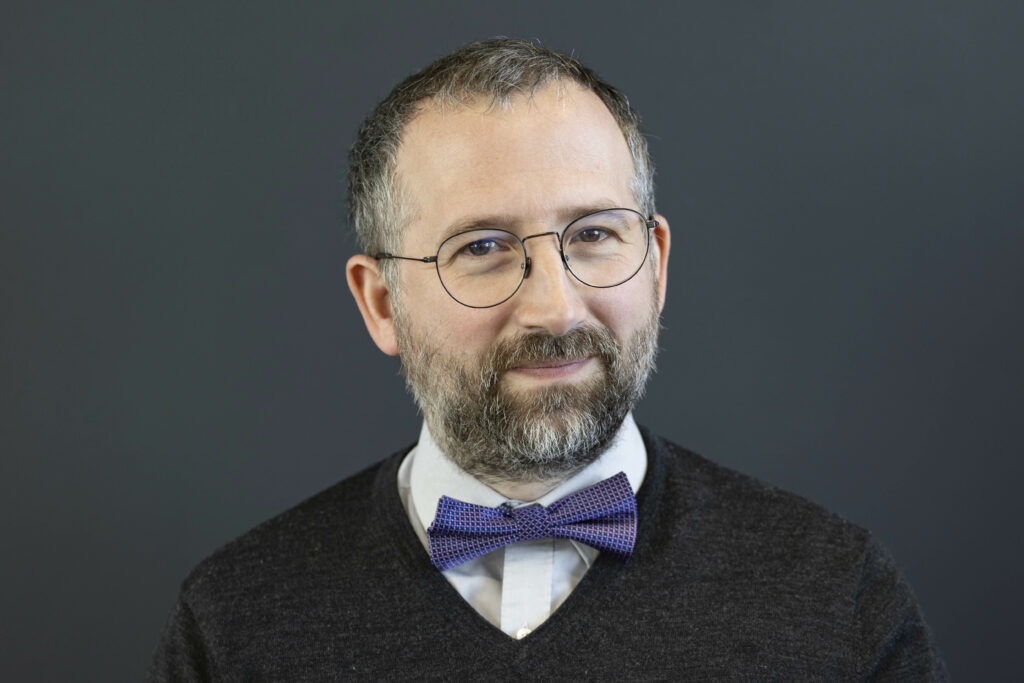The brainers

Renaud Rochette – Doctor in history
Renaud Rochette has a degree in history and a doctorate in history. He has taught in secondary and higher education. Since 2014, he has been head of training and research at IREL (Institut d’étude des religions et de laïcité, formerly IESR), where he organizes and participates in training courses on religions and secularism. He is also in charge of IREL’s European network and the European projects in which the institute is involved. He is interested in the Byzantine world, Orthodox Christianity and the use of religion in speculative fiction.
This brainer takes part in round-table discussions, offers improvisation sessions and the following solo talks:
Is God an energy?
Energy, in the sense of a force capable of effecting transformations, is a rather recent notion, linked to the development of science and the rise of industrial societies, where the use of machines presupposes the existence of something to set these inert mechanical devices in motion. Humanity did not wait for these late changes to speak of energy. In ancient times, the Greek enérgeia, translated by the Latin actus, referred to action. Heir to ancient philosophy, medieval Christian theology made use of the notion of energy, whether in the little-known (and heretical) interpretation of monoenergism, or in the possibility of contemplating God through his energies, which is a feature of Orthodox spirituality. If, for Christian theologians, God is not a kind of power plant, the recent shift in meaning has led to the idea that there are spiritual energies, at the crossroads of the two definitions, the best-known of which is perhaps Force.
Religions of the future, religions without a future?
Science fiction is a genre in which we find constructed societies: sometimes the gap with our societies is slight, sometimes these fictional societies are completely exotic. Through this artifice, authors can develop a discourse on their society and its potential evolution. You might think that the construction of these fictional societies would include religious or spiritual elements. In science fiction, religion is often neglected. The "scientific" dimension of the genre, very important to the founding fathers of science fiction, partly explains the existence of future societies without religion. On the other hand, several authors take advantage of these fictional societies and religions to reflect on the role of religion and spirituality in our societies.
The religious aspects of the war in Ukraine
The war in Ukraine is not a religious war. Yet the conflict between Ukraine and Russia has religious aspects. The majority of Ukrainians are Orthodox, but the country has two competing Orthodox Churches: an independent Church, formed in 2018 at the request of the Ukrainian authorities, and a Church attached to the Moscow Patriarchate. Spiritual independence or integration into a wider religious community dominated by Russia: this is the religious side of the conflict, which is about Ukraine's independence or its absorption into the "Russian world". This opposition between Orthodox Churches is also part of the history of tensions between the Patriarchate of Constantinople and the Russian Orthodox Church, and threatens the unity of the Orthodox world.